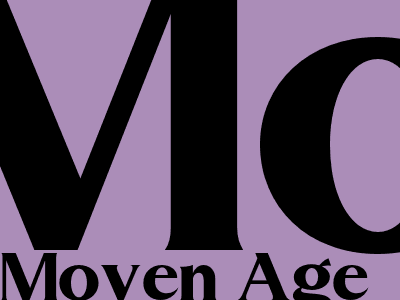The Intriguing World of the Middle Ages
A Historical Tapestry of Change and Progress
The Middle Ages, a complex and captivating era spanning from the 5th to the 15th centuries, witnessed a profound transformation of European civilization. This period, often overshadowed by the grandeur of antiquity and the Enlightenment, played a pivotal role in shaping the world we know today. From the rise of feudalism to the emergence of universities, the Middle Ages laid the foundations for many of our modern institutions and ideas.
Feudalism: The Foundation of Medieval Society
Feudalism, a defining characteristic of the Middle Ages, emerged as a response to the need for security and stability in a turbulent era. This intricate system organized society into a hierarchy of lords, vassals, and serfs, with each group owing specific obligations and privileges to those above and below them. Feudalism provided a degree of order and protection, but it also perpetuated inequalities and limited social mobility.
The Rise of Christianity and the Catholic Church
The Middle Ages witnessed the spread of Christianity throughout Europe, a development that profoundly influenced the cultural, political, and social landscape. The Catholic Church became a powerful institution, playing a dominant role in education, healthcare, and the administration of justice. The Church's teachings and rituals shaped people's daily lives and provided a sense of unity and purpose in a fragmented world.
The Emergence of Universities and the Revival of Learning
One of the most significant contributions of the Middle Ages was the emergence of universities. These institutions of higher learning, established in cities across Europe, became centers of intellectual inquiry and knowledge production. Scholars and students engaged in the study of the classics, theology, and the emerging sciences, contributing to the revival of learning and the development of new ideas.
The Impact of the Crusades
The Crusades, a series of religious wars waged by Christian Europeans against Muslims in the Middle East, had a profound impact on the development of the Middle Ages. While their ultimate goal of retaking the Holy Land was never fully achieved, the Crusades facilitated cultural exchange and the introduction of new technologies and ideas into Europe.
The Black Death and the Population Crisis
The Black Death, a devastating plague that swept through Europe in the mid-14th century, had a catastrophic impact on the population and society. An estimated one-third of the population died, leading to widespread labor shortages, economic disruption, and social unrest. The Black Death also challenged religious beliefs and led to a decline in the power of the Church.
The Late Middle Ages: Transition and Change
The Late Middle Ages witnessed a period of significant change and transition. The Hundred Years' War between England and France, the rise of nation-states, and the development of new technologies such as the printing press paved the way for the Renaissance and the dawn of a new era. The Middle Ages had come to an end, but its legacy and influence would continue to shape the course of human history.

Komentar